In the third-ever episode of “MacGyver” – “The Thief of Budapest” – we still enjoy the show’s cunning charms that made it a small-screen classic; MacGyver creates distractions with spontaneous engineering subterfuge and concocts explosives out of ordinary household items, all while saving an adorable little girl and her family from heavy-handed authority figures. However, while Hungary’s capital in 1985 was certainly an appropriate place and time for Cold War cloak-and-dagger action, for anyone actually familiar with this city and Magyar culture, it’s hard to watch “The Thief of Budapest” nowadays without wincing repeatedly, no matter which side of the Iron Curtain the viewer may call home.
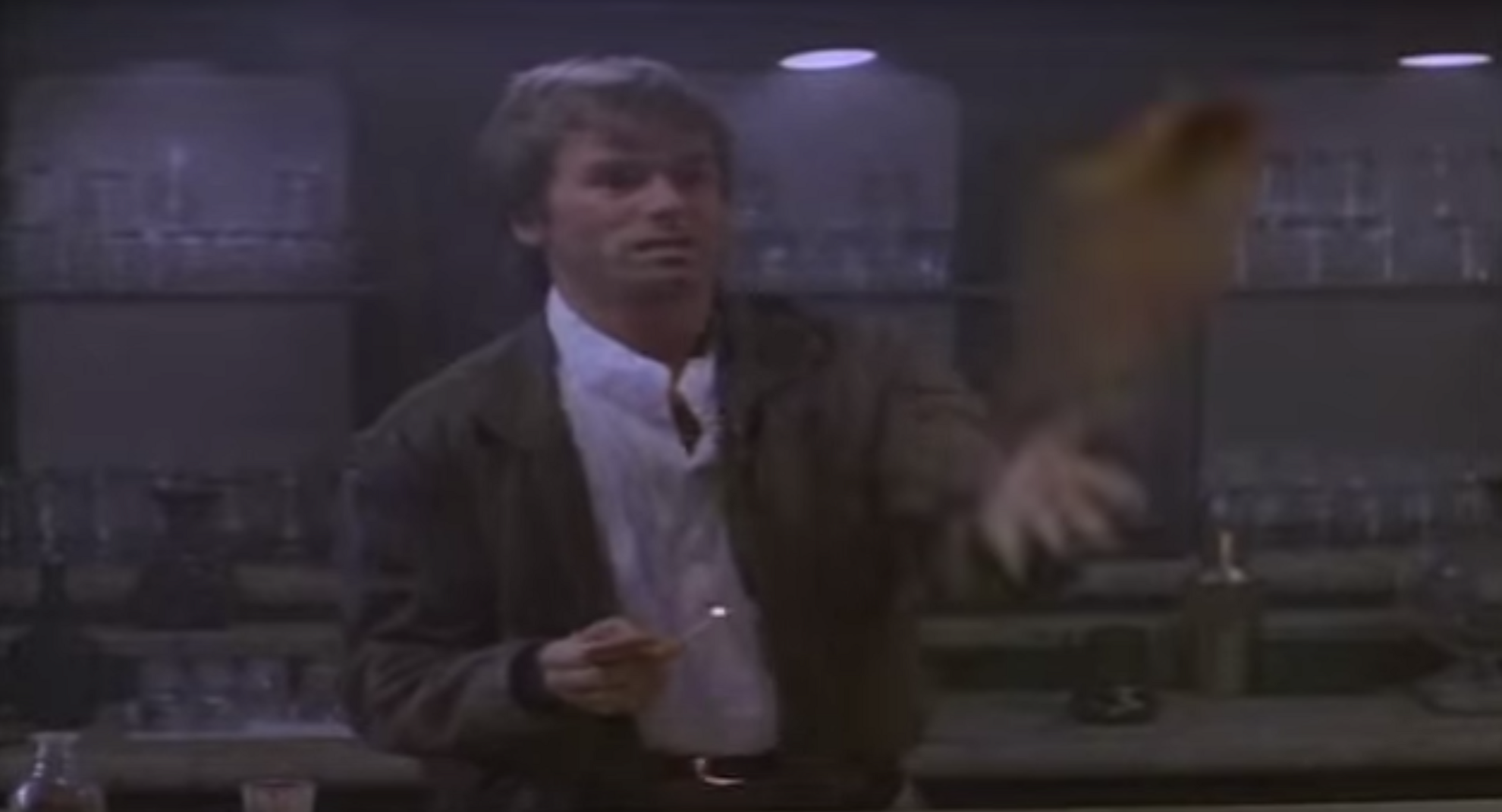
Putting it as politely as possible, “The Thief of Budapest” presents an almost-comically offensive version of communist-era Hungary and its people, portraying the Magyars as buffoonish stooges of Russian overlords while insensitively depicting the country’s Roma population in the most grossly stereotypical manner possible. As for the episode’s exterior scenes that supposedly take place in Budapest, anyone who has seen a few postcards from here would immediately recognize that the action takes place in another city altogether – and while this can be easily forgiven (after all, there was no way for an American television production to shoot on location here during the Cold War), the blatantly inaccurate presentation of Hungarian culture and rampantly racist dialogue is more difficult to excuse.
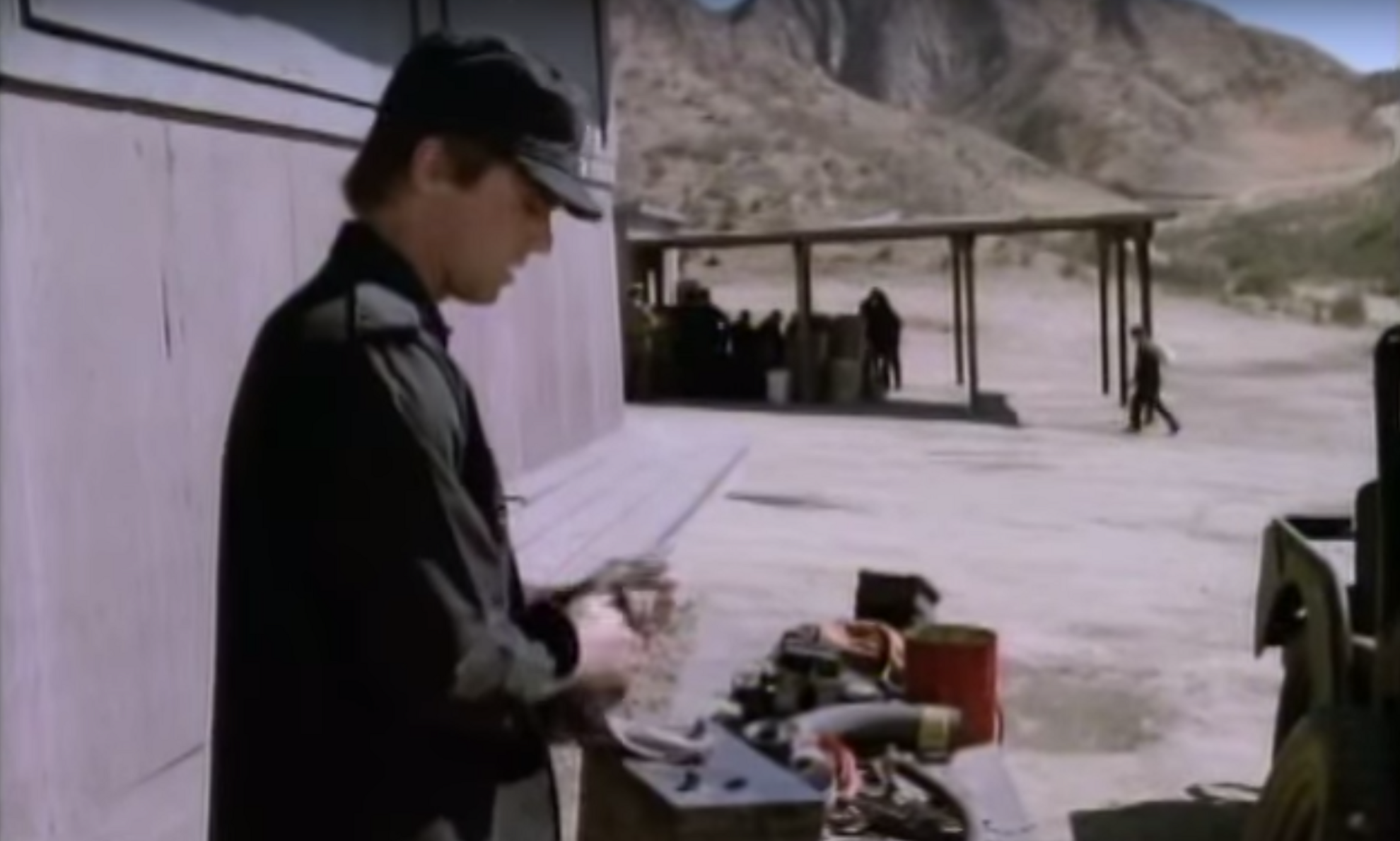
Following a grandiose opening gambit involving a generic Arabic tribe, a stolen horse, and a helicopter airlift, the episode begins with MacGyver in “Buda Park” (City Park, perhaps?), where he plans to meet a Russian double agent to collect a watch containing KGB secrets. (By the way, SPOILER ALERT – but hey, this is a “MacGyver” episode, not The Usual Suspects.) While looking for his contact, MacGyver is pickpocketed by the titular thief of Budapest – a cute little “Gypsy” girl named Jana – who is caught stealing Mac’s Swiss army knife. After meeting MacGyver, the Russian spy is also pickpocketed by Jana, who makes off with the watch moments before the double-crossing KGB agent is identified by Soviet surveillance and killed – and soon a hunt across Budapest begins as MacGyver tries to find the girl and retrieve the watch before the bushily moustached Hungarian authorities do, under constant threats from a sneering Russian commander.
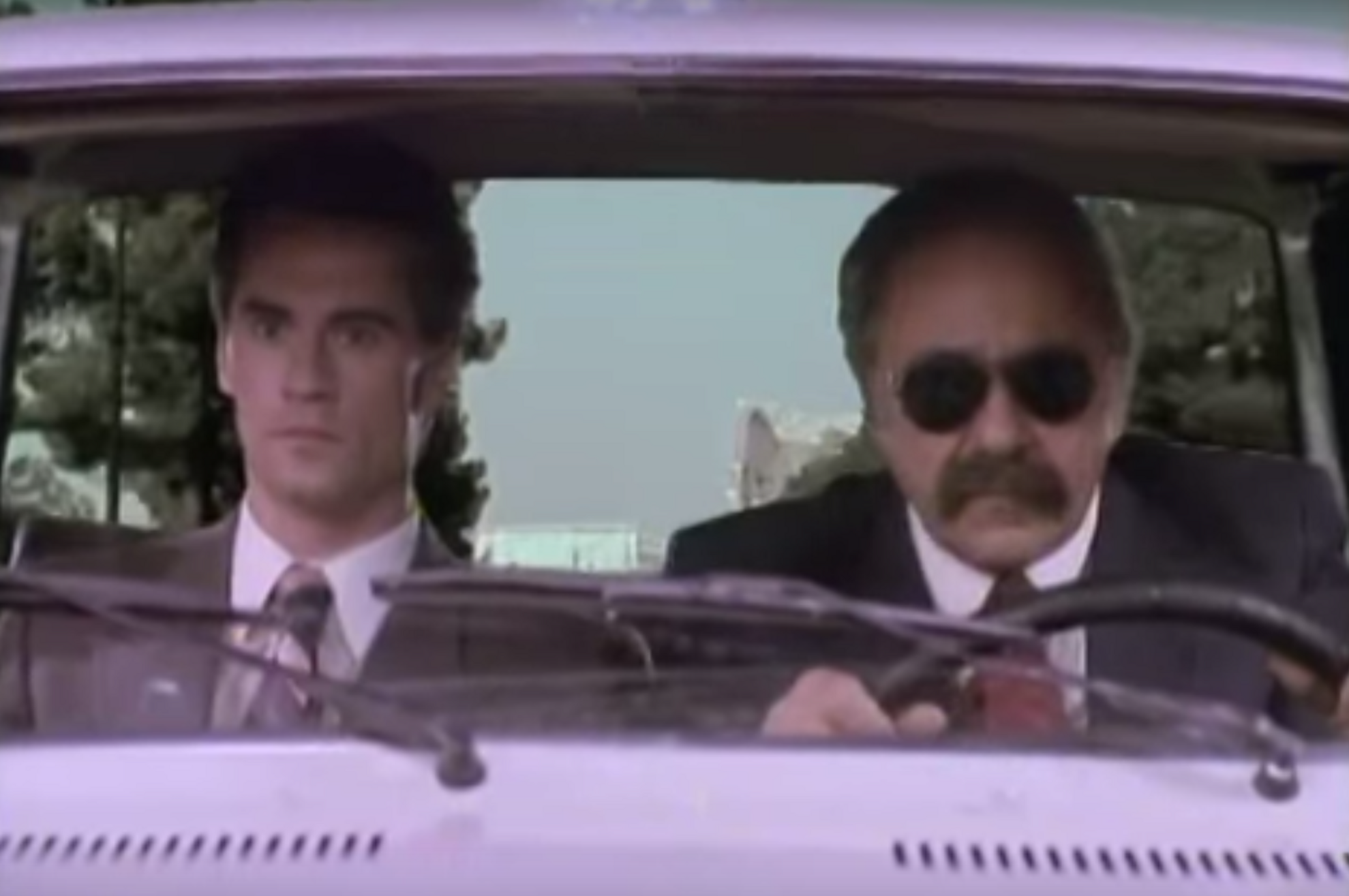
In a subsequent scene, when the Russian honcho says, “I love Budapest – good food, excellent wine, charming women,” the dialogue seems almost as if it were lifted directly from a low-quality city guidebook… and unfortunately, this is one of the more accurate descriptions of Budapest that the TV show offers. We won’t bother wasting additional space with more plot synopsis (that’s provided quite thoroughly on “MacGyver Wiki”), but almost every segment in the episode is ridiculously implausible, such as when Mac breaks into what appears to be the Eastern Bloc’s most underpopulated gulag to rescue Jana’s arrested family members… although it’s kind of fun to watch him create a bomb out of “cukor” (“sugar” in Hungarian) and “só” (“salt”).
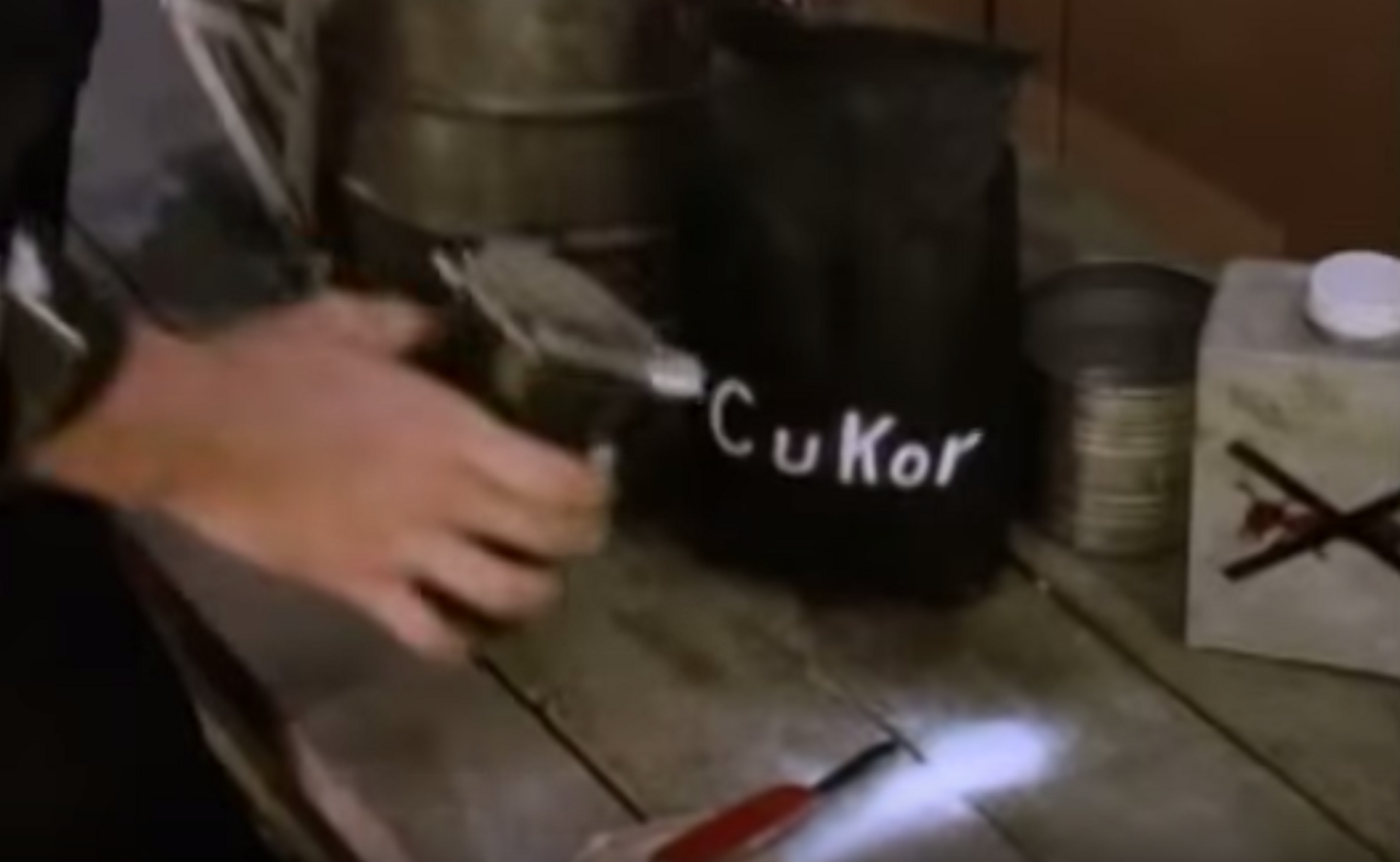
Later, in one of the most egregiously insensitive parts of the episode, MacGyver visits a seedy pub to find “another Gypsy – a fence named Reena”, who is supposed to have the watch… but before the American hero can meet the Hungarian-underworld queen, he engages in a bar fight with the “beautiful people” patronizing the place and consuming flaming shots (which would be more likely found in Miami than the Magyar metropolis). At one point, MacGyver utilizes the apparently explosive properties of paprika to repel his foes, before Reena steps out of her upstairs room found beneath a red light bulb – the entire segment can be viewed
here.
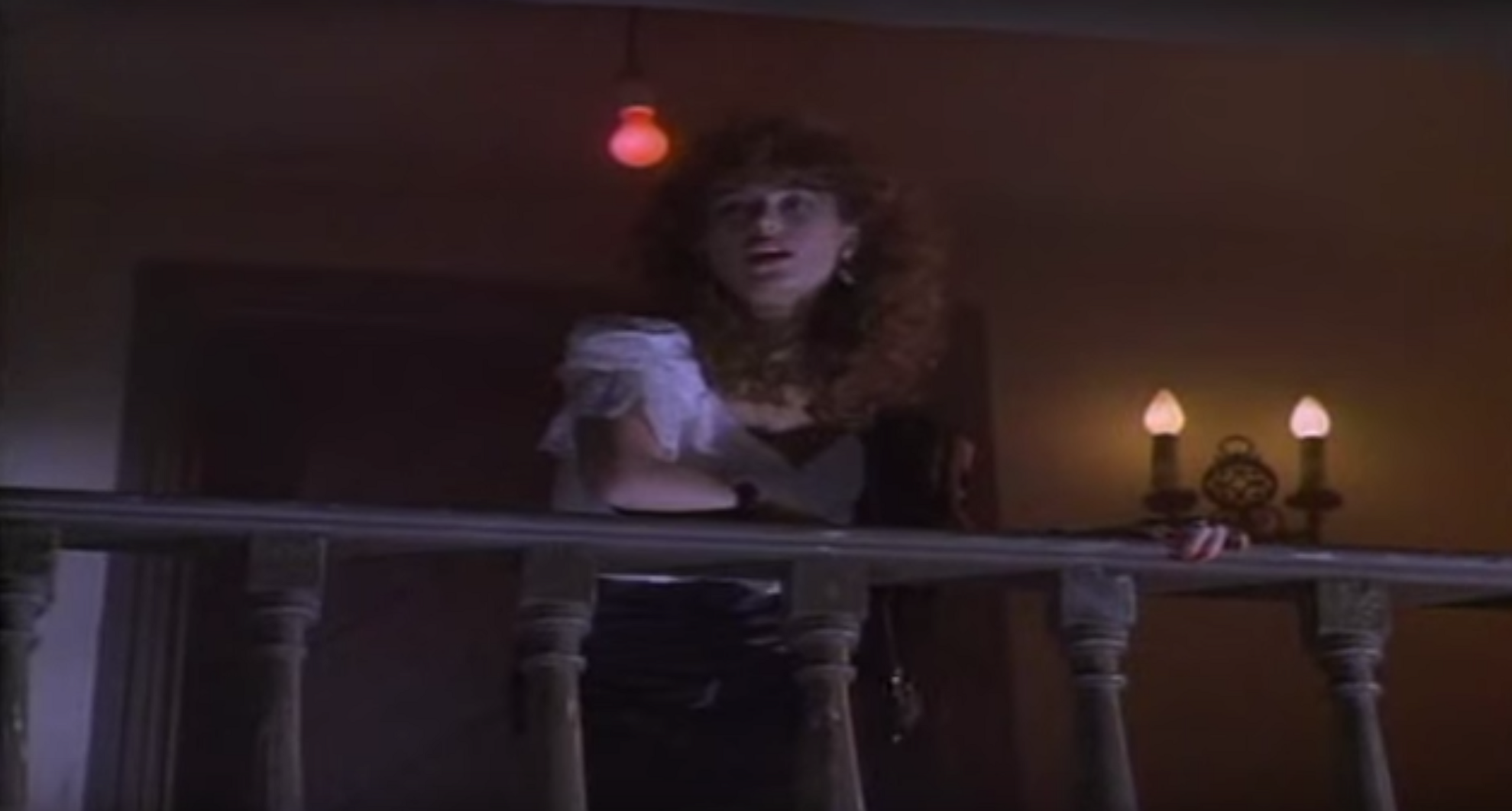
Despite further abhorrently racist dialogue in the conversation between Reena and Mac (“Those stinking Gypsy wharf rats – if their hides were worth the trouble, I’d have them gutted, skinned, and used as rugs,” hisses Reena; “I thought you were a Gypsy, too,” quips MacGyver; “I am. Takes one to know one,” she replies), the most piteous part of the episode is the closing car chase (pretty much lifted wholesale from The Italian Job, including the purposeful creation of a traffic jam and escaping through a sewer pipe) through the streets of “Budapest” (actually and obviously Turin, also aping The Italian Job) to get Jana’s family safely to Austria, along with the watch.
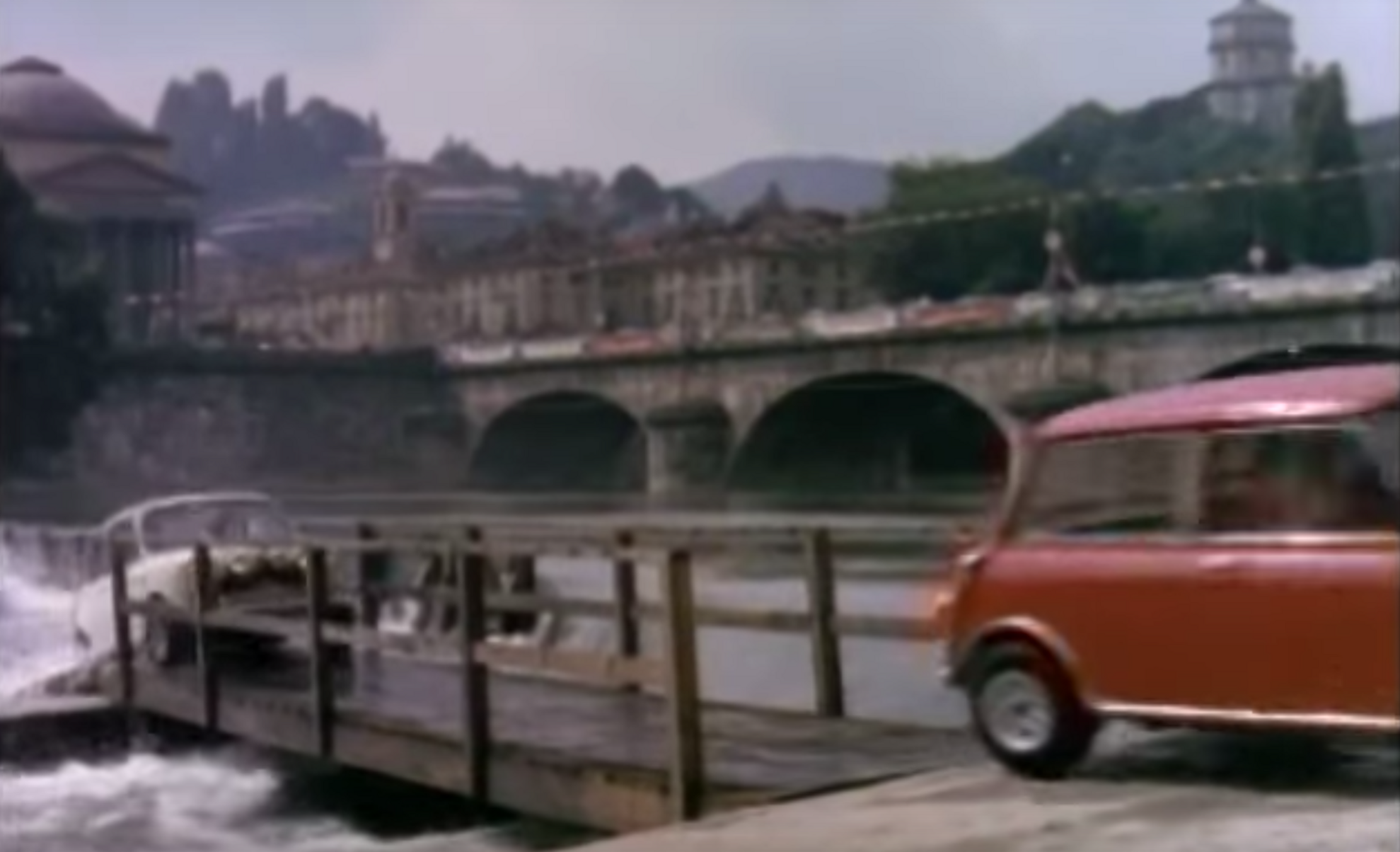
En route, MacGyver zooms down the steps of the “Church of St. Ivan” (er, the Szent István Basilica?), past a row of sidewalk cafes where the Hungarian colors are displayed upside-down, and alongside a prominent bridge that is nowhere near Hungary, before finally escaping safely across the Austrian border… which is apparently located just outside of the Budapest city limits in this part of TV Land.
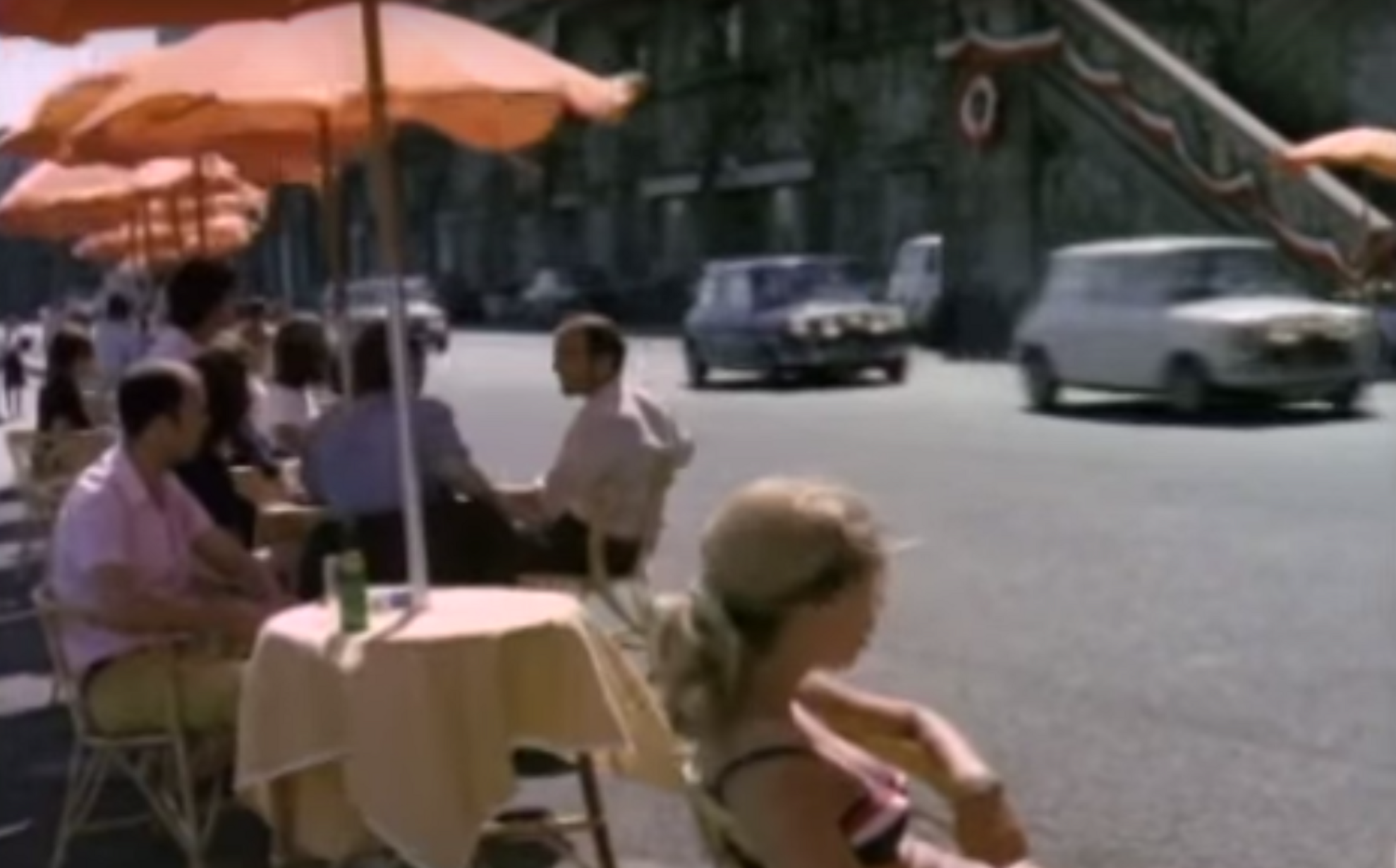
Of course, at the end MacGyver has the watch and rescues the family, leaving the Russian agent to frustratedly scream “MACGYVER!” across a nonexistent bridge to Austria; we would expect cheesiness of no lesser quality from a mid-1980s American television show. However, what’s most disappointing about “The Thief of Budapest” is that the producers must’ve hired some actual Magyars to help in the creation of this episode – Hungarian-language signs are posted all over the sets, and extras are frequently uttering Hungarian phrases that are pronounced correctly – so it seems that it wouldn’t have taken all that much more effort to employ a Hungarian Cold War refugee who was actually familiar with Budapest and Magyar culture to add some realism to this very early installment of what would become one of the world’s most popular TV shows. Instead, after watching this episode three decades after it first aired, we now look back at “MacGyver” with a sadly tarnished perspective, which is a pity considering how admirable this spy’s generally nonviolent style once seemed.

The entire episode can be watched in mini-screen format through
this link… but if you are a “MacGyver” fan from childhood who still hums the show’s theme song every time you do some random task with a Swiss army knife, it might be best to leave “The Thief of Budapest” unviewed as a grown-up.




